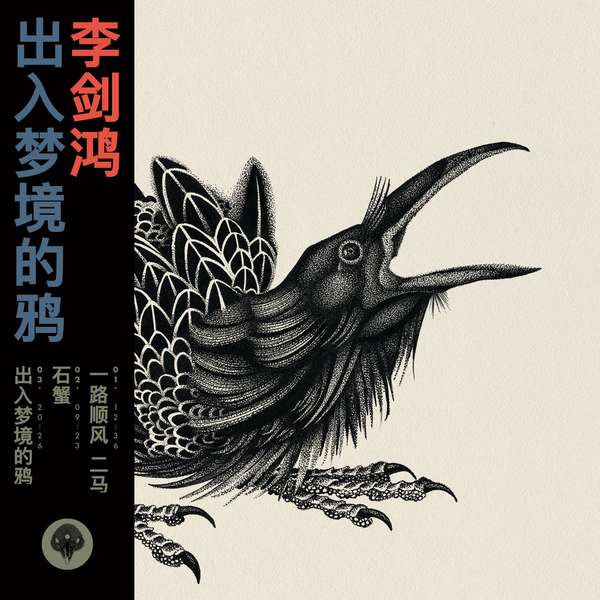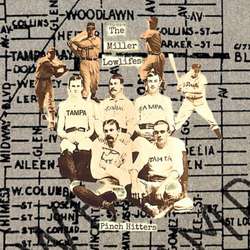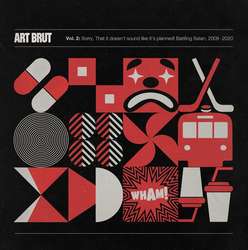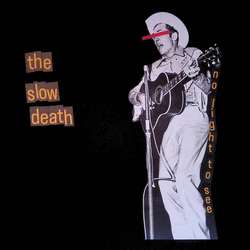Li Jianhong's philosophy surpasses the direct relationship of a musician with their instrument of choice. Instead, Li has advocated for Environment Improvisation, where the urge to create and improvise is established by the artist's surroundings. Looking at Li's website you can find numerous instances that inspired him to settle down and start improvising, drawing energy from the surroundings. The music is steeped with the essence of the various locations, be it something as subtle and moving as a rainfall in Faxi monastery, or a police visit at Hangzhou square.
Li's new record, Shuttle Raven of the Dream, is not a direct recording of Environment Improvisation, but it is nevertheless a deep investigation of electric guitar that would make Keiji Haino proud. Here, Li explores the instrument's multifaceted timbral qualities, starting with a drone piece in "Bon Voyage, Erma." It is all about Li's interaction with feedback, where the initial minimal elements are soon joined by sporadic augmentations. The craftsmanship is stellar, as the resulting artefacts create slow-moving soundscapes, the notions of notes morphing into humane voices that arrive through a distant spacetime. Apart from a few distinct solitary notes, this is a completely fluid offering that resembles a dreamscape. An environment where reality has departed, and yet fragments of it still momentarily appear.
The awakening from the dream is harsh with "Stone Crab" as the noise barrage immediately grabs your attention. It is a surprising havoc that Li controls magnificently. Here, there is at the same time a frantic approach, but also a detached feeling. The switches are brutal, with Li transitioning from an array of brutal noise artefacts to a solitary piercing note. Unpredictable as it is disturbing, the guitar finally evokes a percussive element, laying out inconsistent rhythmic patterns that swirl into the already chaotic representation of the track. It is a natural tie-in to the title track's drone rock approach, where the sonic vastness creates an endless, ever-expanding landscape. It is within this form that Li's ideas transcend their abstracted corner, coming together and sounding closer to what you might come across in a record by Nazoranai, or Aaron Turner's latter investigations with Sumac.
Shuttle Raven of the Dream presents an inverted guitar hero aesthetic, patiently exploring different modes, moods, and ambiances. Li has been going at this for almost two decades now, and there is a sense of ease and comfort that he radiates through the passages of his latest work. No matter if those arrive in the form of never-ending drones or as a hailstorm of noise, the result is always enticing.



